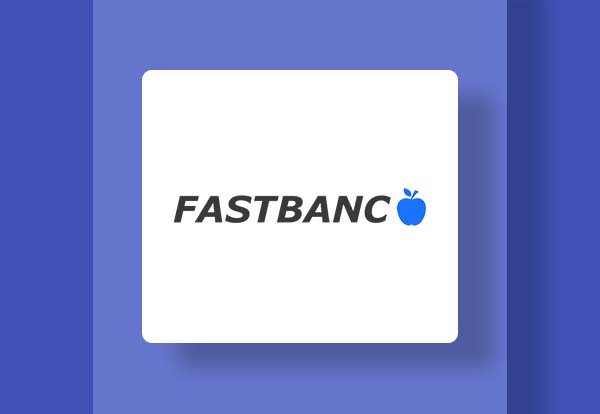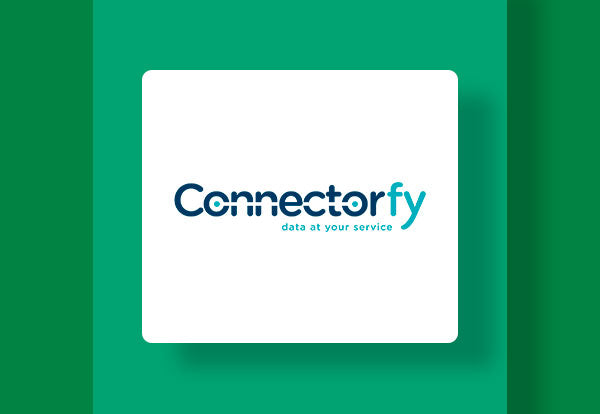In Spain, the common practice continues to be to consider accounting services as a process of collecting documentation of invoices issued, received and from clients' banks on a regular basis to include it in our ERP for consultancies and to be able to comply with the corresponding commercial and tax obligations.
Will it be necessary in the future to collect all client documentation to enter it into our ERP for consulting services? What will change?
Everything is leading to the fact that there will be a minimum number of software programs on the market, aimed at SMEs, 100% online and very complete technologically, which will be used by 80 or 90% of SMEs and which we, the advisors, will also use to file their taxes. To give us an idea , QuickBooks , the most important billing and accounting program worldwide for SMEs, has an estimated market share of 80% in the US and with more than 100 million customers worldwide.
Programs like Quicksbook are already at the forefront of all technological changes, embracing automation, artificial intelligence, cloud-based solutions, mobile accounting, blockchain technology, and cybersecurity to provide their users with the most advanced and efficient accounting software possible.
Therefore, these online softwares already incorporate great automations to categorize transactions and reconcile bank statements. You can also automate the creation of invoices and other financial reports. The billing automation feature allows users to set up recurring invoices and payment reminders, saving hours of work.
However, these software programs require the company and collaboration of advisors (in other countries there is an important distinction between Accountants, Bookkeepers and CPAs) to help clients with their administrative and accounting obligations. Therefore, these tools provide specific environments so that accounting firms can centralize all their clients' information. An example of this is the Quickbooks Online Accountant (QBOA) environment.

The demand for accounting and tax consultancies that are familiar with these new technologies used by clients will continue to grow . Clients no longer need to provide us with monthly accounting documentation because we will work directly on their platform. We will work at the client's "home" to keep the accounting up to date (monthly closings will be carried out) and correctly categorizing all operations .
In other countries, accounting firms also handle payments to suppliers and collections from clients. This is something that is currently very rare in Spain, with a few exceptions.
These technologies cannot offer all the functionalities that an accountant requires and that are very specific to the accounting sector, so it offers its own place for connected applications (see Quickbooks global APP Store for example). If we look at what happened with Salesforce, the best applications from the APP Store will be bought by the manufacturer itself and they will integrate them as something native or, if necessary, they will end up developing the same applications from scratch. Therefore, the APP Store is a form of short-term solution that provides manufacturers with the path to follow in their innovations.
So what can we advisors do?
First, stay ahead of the curve and keep track of the latest technologies in billing and accounting software.
Secondly, clients feel more secure when they know that their accounting firm is constantly on top of the latest trends and developments in their billing and accounting software.
Therefore, it is important to become partners with the leading billing programs on the market . At a global level, we could highlight Quickbooks , Xero , Microsoft Dynamics 365 business central , among others. Regarding billing and accounting programs in Spain, we can say that we have some that are doing things very well and have a great future.
We are already seeing offices in Spain that only work for clients of a specific software, with great growth and where the manufacturer itself provides them with leads and also all the tax models .
In other countries, there are many accounting firms that only work exclusively for Quickbooks or Xero clients.
Will billing and accounting software solve all of an office's management problems?
Not really. Billing and accounting software will be specialized in accounting and tax issues in their 360º vision and perhaps also in everything related to human resources and payroll. For example, Xero already offers HR functionalities .
Regarding the internal management of the office, it is something very particular that requires a CRM and its adaptation to the specific needs of the office . Both in Spain and in other countries we are already seeing a multitude of vertical management solutions in this regard ( document managers, portals, tasks, checklists ...). I invite you to read the experience of Alex Falcon, an accounting firm in the United Kingdom and its entire list of technologies .
My opinion is that all internal management can be integrated into a powerful CRM solution with a 360º vision without the need for so many verticals .
Conclusions
-
The future of accounting consultancies will come from becoming a partner of one or more of the leading softwares on the market .
-
It is a very important decision to choose the leading billing and accounting software for clients because we can waste time and the manufacturer itself can lead us to failure. Not all the currently small billing and accounting software will be able to support the pace of adaptation and growth that the market requires regarding APIs, AI, plugins ...
From the Professional Office Innovation Club we can help you to correctly choose the appropriate technologies for your office.






